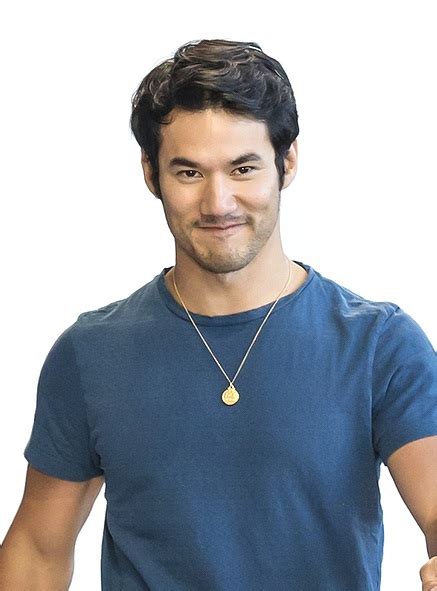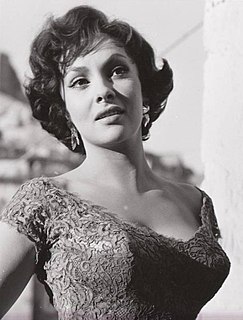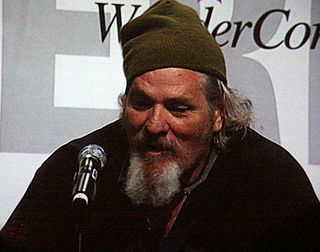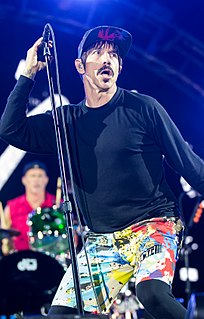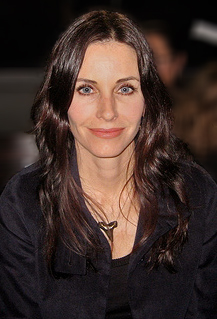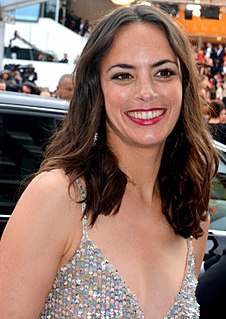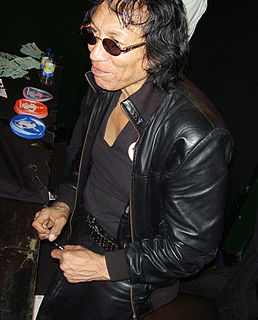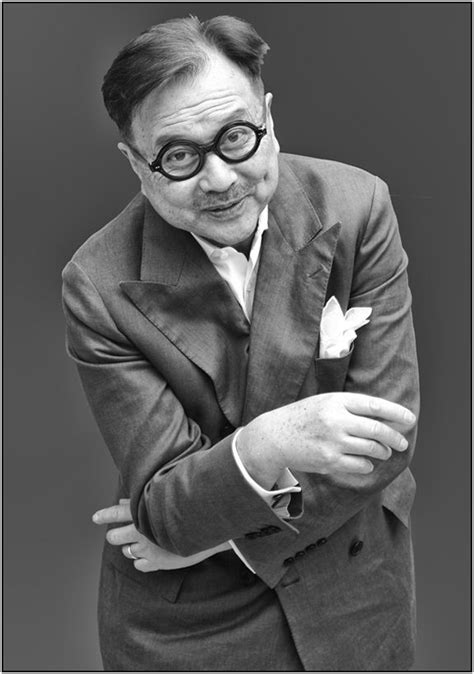A Quote by Holly Hunter
So much European cinema has open arms to stories carried by women in their 40s, 50s, and 60s. And America is a little behind in that.
Related Quotes
I think Hollywood has gone in a disastrous path. It's terrible. The years of cinema that were great were the '30s, '40s, not so much the '50s...but then the foreign films took over and it was a great age of cinema as American directors were influenced by them and that fueled the '50s and '60s and '70s.
In the '60s when I started to see everything I could see, you could see pretty much everything which was still available from the '30s, '40s, '50s, '60s, and therefore I had an education which was really large and vast in different cinema. That's probably the reason I did not fall for the New Wave. It's really the love of the movies that made me want to become a cameraperson, definitely. I was really a film buff.
I was seduced by the nouvelle vague, because it was really reinventing everything. And the Italian cinema that one would see in the theaters in the late '50s, early '60s was Italian comedy, Italian style, which, to me, was like the end of neo-realism. I think cinema all over the world was influenced by it, which was Italy finding its freedom at the end of fascism, the end of the Nazi invasion. It was a kind of incredible energy. Then, late '50s, early '60s, the neo-realism lost its great energy and became comedy.
I never thought about how I didn't have a cell phone or I'm in 2011. I was just so happy to be able to be a character in the 30s and there are these actresses that I really liked in the 40s, 50s and 60s in American movies that I've seen since I was a little girl. But you don't really think like that when you prepare for a role.
I would have conversations with European artists. Meaning, people look at my painting and one person would say, "Oh, your painting is just like so-and-so!" Another person would say, "It's just like so-and-so." But at the end, it's a chain of relay like a marathon. There are so many so-and-so's that eventually it becomes mine. My dialogue was completely European, with the '40s, '50s, '60s artists, but on the exterior side I do big painting. It's post-Pollock. It's current. It's a meeting of the time. The Chinese side just comes out.


